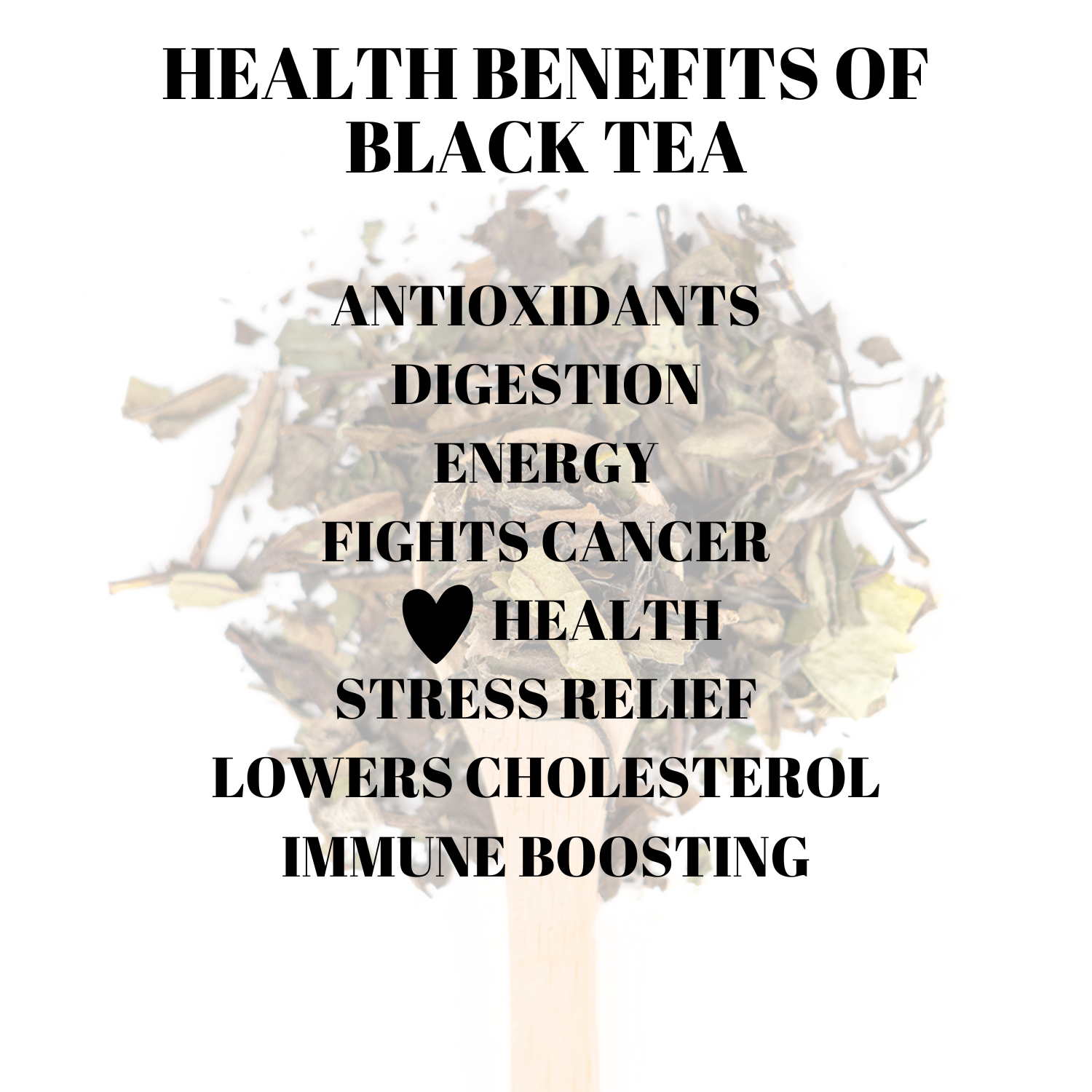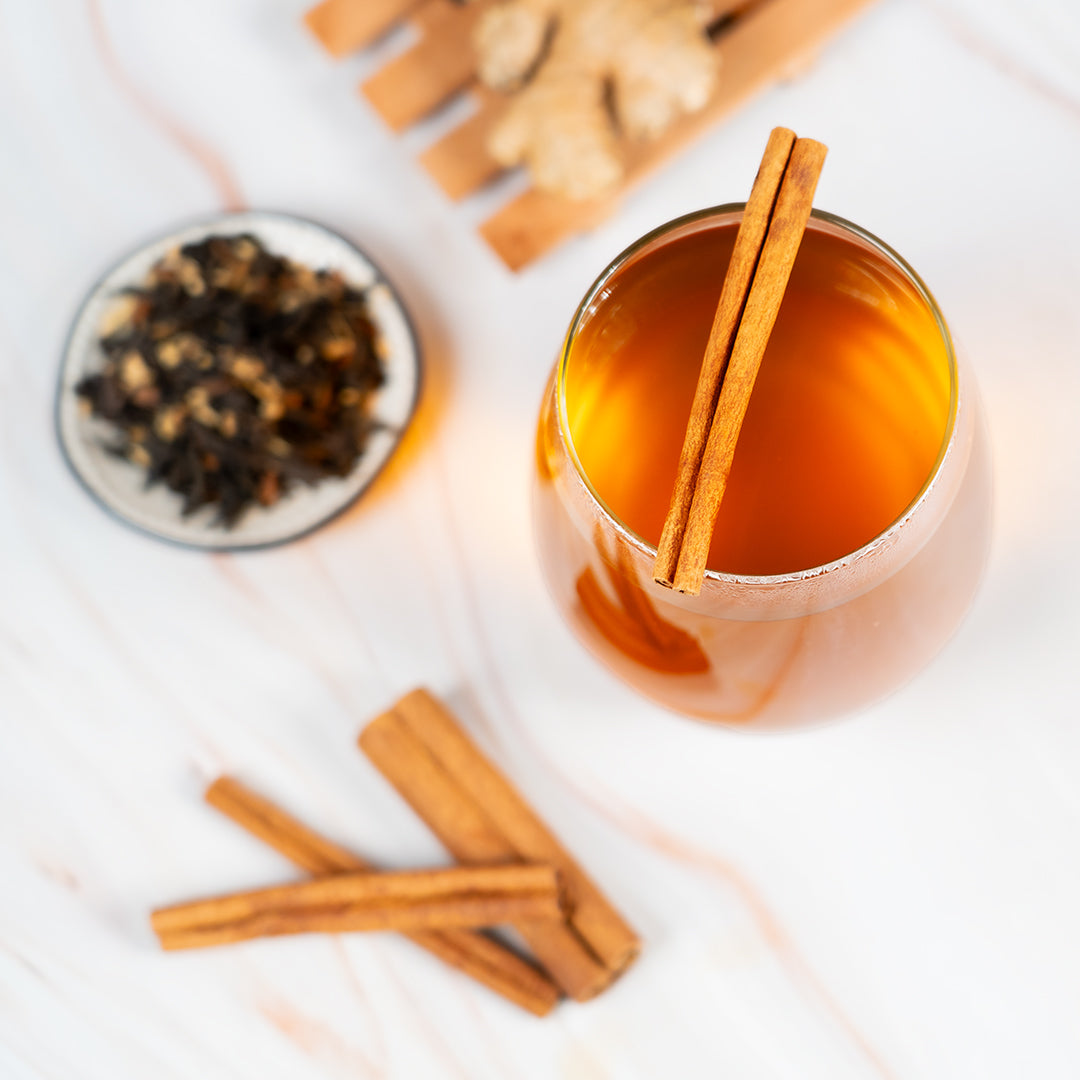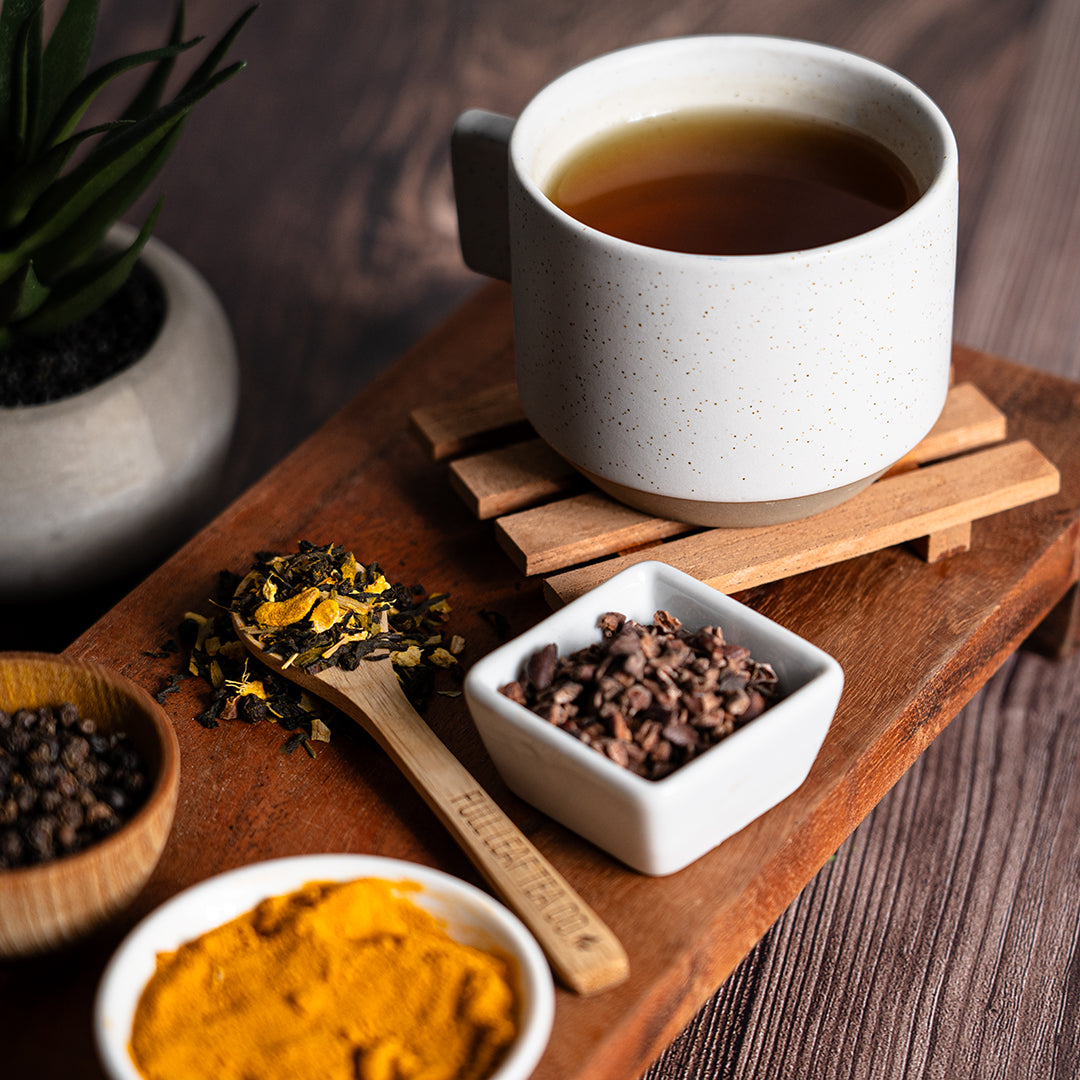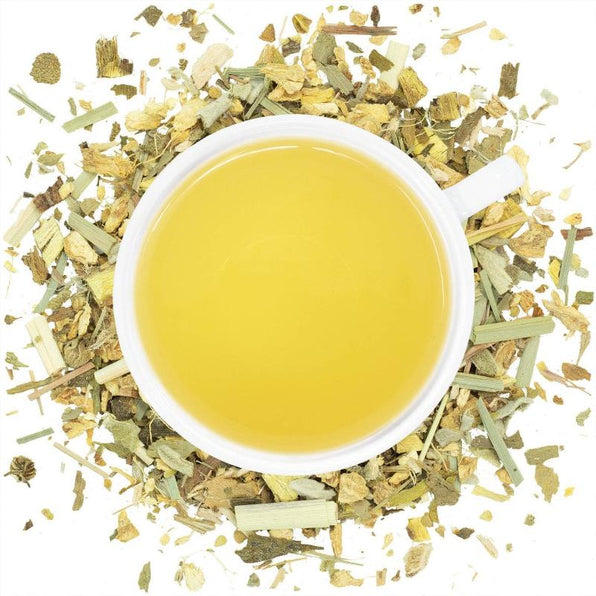What Is Black Tea?
Black tea, a beloved staple in Western culture, originates from the Camellia sinensis plant. This versatile tea is known for its robust flavor and dark color. There are two main varieties of the Camellia sinensis plant: Camellia sinensis (Sinensis), native to China, and Camellia sinensis (Assamica), native to the Assam region in India. The majority of black teas, including popular varieties like English Breakfast and Earl Grey, are derived from the Assamica variety. Black tea undergoes a thorough process involving withering, rolling, oxidization, and firing, which contributes to its distinctive taste and aroma.
Black tea leaves are more oxidized than those of oolong, green, and white teas, giving them their dark color and rich flavor. The oxidation process not only changes the color of the leaves but also enhances the flavor and aroma, making black tea a favorite among tea enthusiasts. The long history of black tea spans centuries and continents, evolving through various cultures and brewing traditions. Each region that produces black tea, such as India, China, Sri Lanka, and Kenya, imparts its unique characteristics to the tea, influenced by local climate, soil, and processing techniques.















